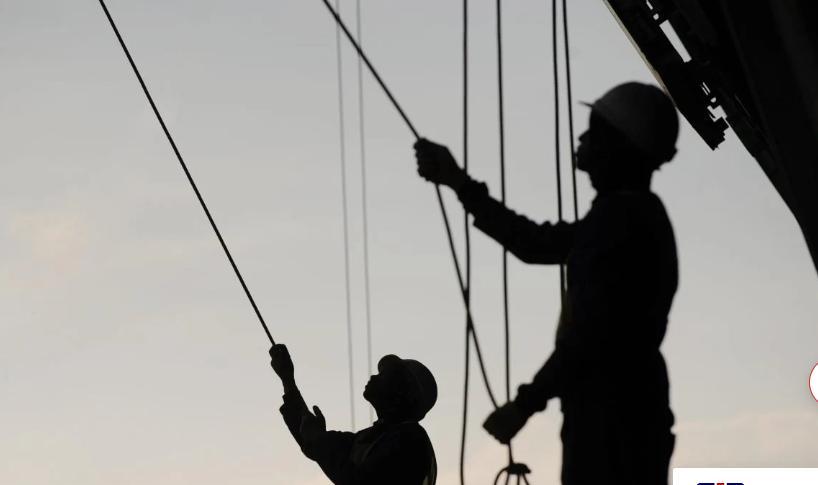Africa-Press – Rwanda. Japanese investors are beginning to take a bigger role, but there is still huge scope to scale-up investment.
Africa, until recently, is very unlikely to have been a topic of discussion in the boardrooms of Japanese banks and investment firms. Japan’s financial institutions have historically tended to focus on their domestic market and the country’s ‘backyard’ on the Asian mainland.
Few investment committees would have felt any temptation to tap into African investment opportunities – reflecting, to some extent, a tendency towards risk aversion, as well as a lack of familiarity and the challenges of distance, language and culture.
Even today, Africa receives only about 0.5% of Japan’s foreign direct investment.
Yet there are clear signs that attitudes are beginning to change. All of Japan’s largest banks – which are among the largest financial institutions in the world – have now established some presence in Africa. And a growing number of smaller private markets investment firms are stepping up their involvement as they search for growth opportunities in innovative sectors.
The nature of Japanese involvement in Africa differs by asset class. But a common theme is that Japanese investors tend to see Africa as the “next frontier”, a region where truly explosive economic growth could take off under the right conditions – much as it did in Japan itself after the Second World War. The question now is whether Japan’s investment giants can be persuaded to place bigger bets on Africa’s growth story.
Leapfrog opportunities
Kohei Muto is the CEO at venture capital firm Double Feather Partners. He tells African Business that he first became interested in the continent due to the potential to achieve “double bottom line” through having a strong financial performance while also creating positive social impacts.
He founded Double Feather Partners in 2017, at a time when venture capital (VC) in Africa was extremely nascent. The firm acts as a VC investor, while also providing advisory services to African companies in what it calls “innovation sectors”. Muto cites population growth, especially urban population growth, as a key opportunity in Africa. Inadequate transport and logistics infrastructure represent bottlenecks, he says, that VC investors can help to solve.
Double Feather is looking for start-ups in mobility or logistics that have the potential to become an African equivalent of a company like Uber, Muto says. “We would like to come and invest to solve the issues,” he tells us.
Muto believes e-mobility can be transformational for Africa, providing an opportunity to repeat the continent’s “leapfrogging” success with telecoms and online payments. “What is going to be the next ‘leapfrog’ that takes place? We see that in mobility, especially in the EV [electric vehicle] sector.”
He argues that the chronic economic burden of importing fuel provides an incentive for Africa to switch to EVs, adding that as consumer purchasing power increases, Africa will have the capacity to attract EV manufacturers to the continent and build a vertically integrated supply chain by tapping into critical mineral resources. “We want to invest ahead of the curve, create that industry at the early stage,” says Muto.
Corporates enter the fray
Since 2017 the VC ecosystem on the continent has grown considerably, despite suffering from the same headwinds that have hit the VC space globally over the past few years. AVCA, the African Private Capital Association, reports that 12 Japanese investors were active in African venture capital last year, making Japan one of the ten largest sources of investment from outside the continent.
As well as Double Feather, prominent Japanese VC firms active in Africa include Mobility 54, which also focuses on the transport sector; Kepple Africa Ventures, which has invested in over 100 African start-ups and also manages an investment fund with Nigerian firm Verod Capital Management; and Uncovered Fund, which has made investments in the mobility, fintech and agritech sectors.
But Muto highlights an unusual feature of Japanese venture capital investment in Africa: it is actually dominated by corporate investors, including well-known Japanese brands, rather than VC firms. Yamaha, for instance, has participated in funding rounds for mobility start-ups in Nigeria, while technology giant Sony launched its own innovation fund for Africa in 2023 as a vehicle to back entertainment businesses.
“This is very unusual compared to US or European corporate engagement in Africa,” Muto points out. The level of Japanese corporate venture capital activity in Africa reflects how many Japanese corporates have built-up significant cash reserves that they need to allocate to high-yielding markets, he explains. “They’re not doing this from a CSR [corporate social responsibility] or development perspective. They’re doing this for business and for their own survival.”
Muto notes Japanese corporates that have “zero historical footprint” on the continent believe it is unrealistic for them to build businesses from scratch in Africa. Instead, making investments in emerging businesses is a better way to gain a foothold.
This emerging trend is “very interesting” for the VC space in Africa, Muto believes. Japanese corporates provide an extra source of liquidity and serve as a group of investors that are ready to provide exit options for VC firms that might have backed start-ups in their first phase of growth. Meanwhile, he says, Japanese corporates can help provide the know-how to help start-ups grow and develop into the industrial powerhouses of the future.
Inching towards greater investment
At the other end of the investment spectrum, Japan’s banking giants are also stepping up their involvement in Africa in a variety of ways. Although their investment practices are very different to the behaviour of a VC firm or corporate venture investor, their motivation for exploring opportunities in Africa is similar, says Tomo Ishikawa, chief regulatory engagement officer at Mitsubishi UFJ Financial Group (MUFG). The continent provides “the last remaining huge opportunity for growth,” he says.
Nevertheless, the relative dearth of African projects considered “bankable” – in other words, where the risk of investing is acceptable to banks – continues to hinder the prospect for Japanese banks playing a bigger role as commercial lenders on the continent.
A positive trend, Ishikawa tells African Business, is the growth of blended finance opportunities to allow for more sharing of risk in financing projects. “Now, with all the tools available, we see more and more opportunities,” he says. “Finance is network. You alone cannot do it, but when you see 10 others coming, you feel more comfortable to finance because you can always share some of the risk with other peers.”
Ishikawa describes Mission 300, the World Bank and African Development Bank-led project to connect 300m people in Africa to electricity by 2030, as an initiative that MUFG hopes to support. Although the bank cannot take foreign exchange risk without local funding, Ishikawa says it would be a “game changer” if the World Bank and others can partner with MUFG to share risks in financing electricity access projects under the Mission 300 umbrella.
Ishikawa concedes there is work to be done to address Japanese investors’ heightened risk perceptions of Africa. He also notes that there needs to be growth in corporate demand in Africa for banking facilities to justify greater involvement from the likes of MUFG. But, ultimately, he is convinced that Japanese banks will gradually play a greater role on the continent. “Clearly, we’re inching towards more and more financing of opportunities in Africa.”
source:african.business
For More News And Analysis About Rwanda Follow Africa-Press






